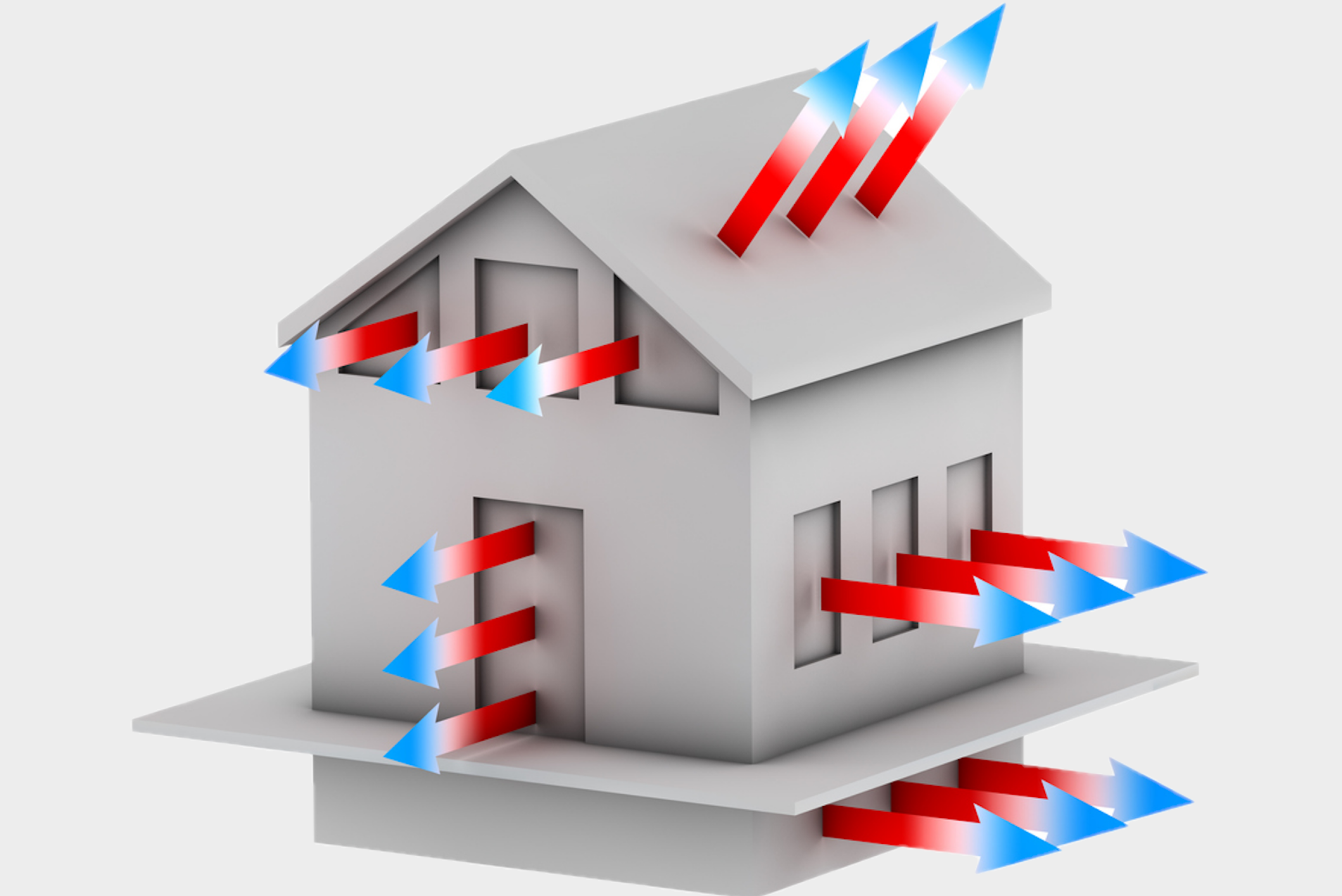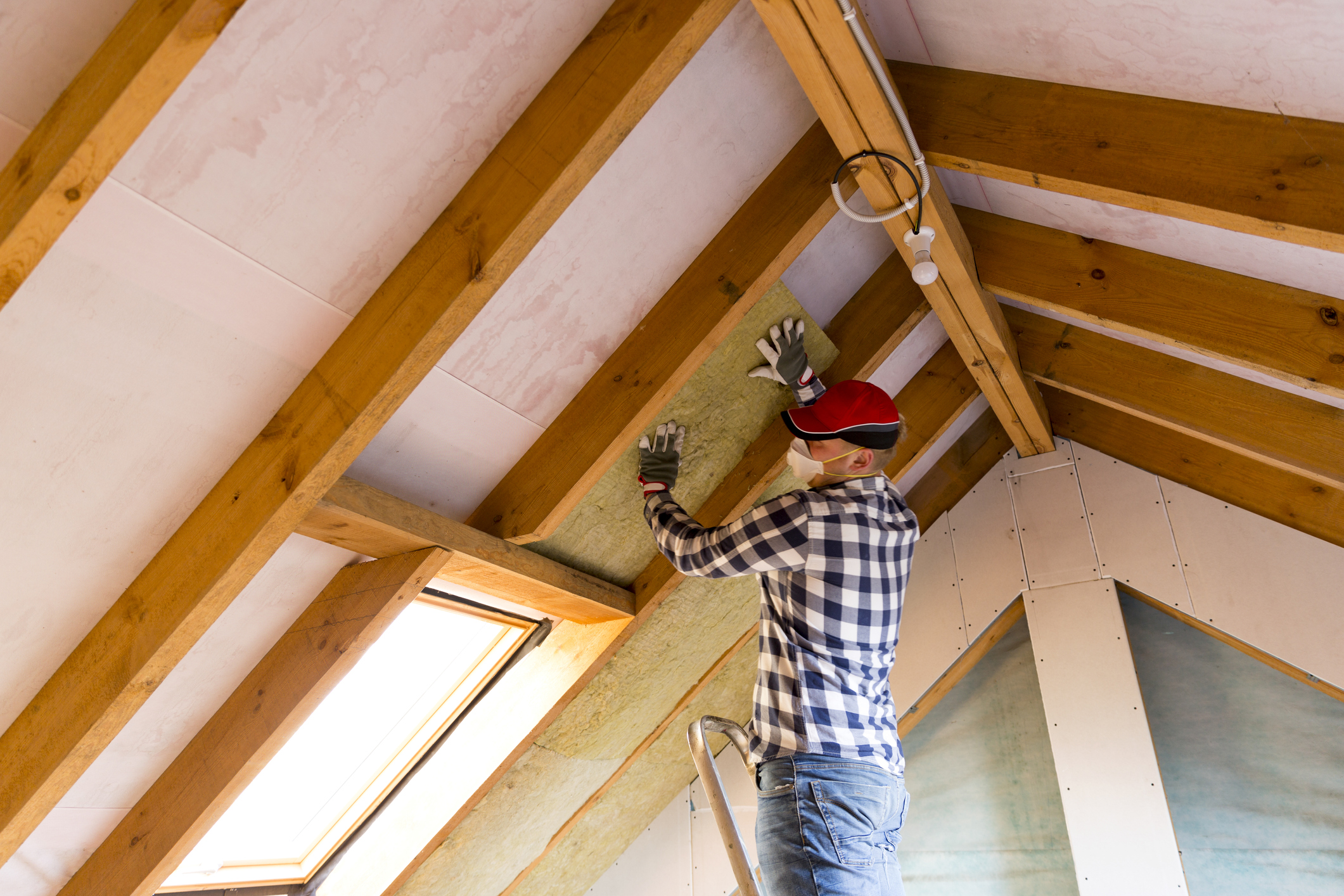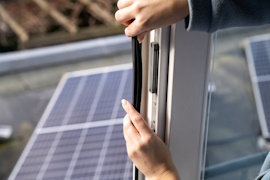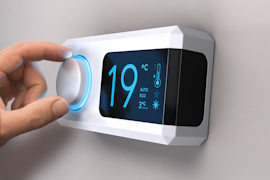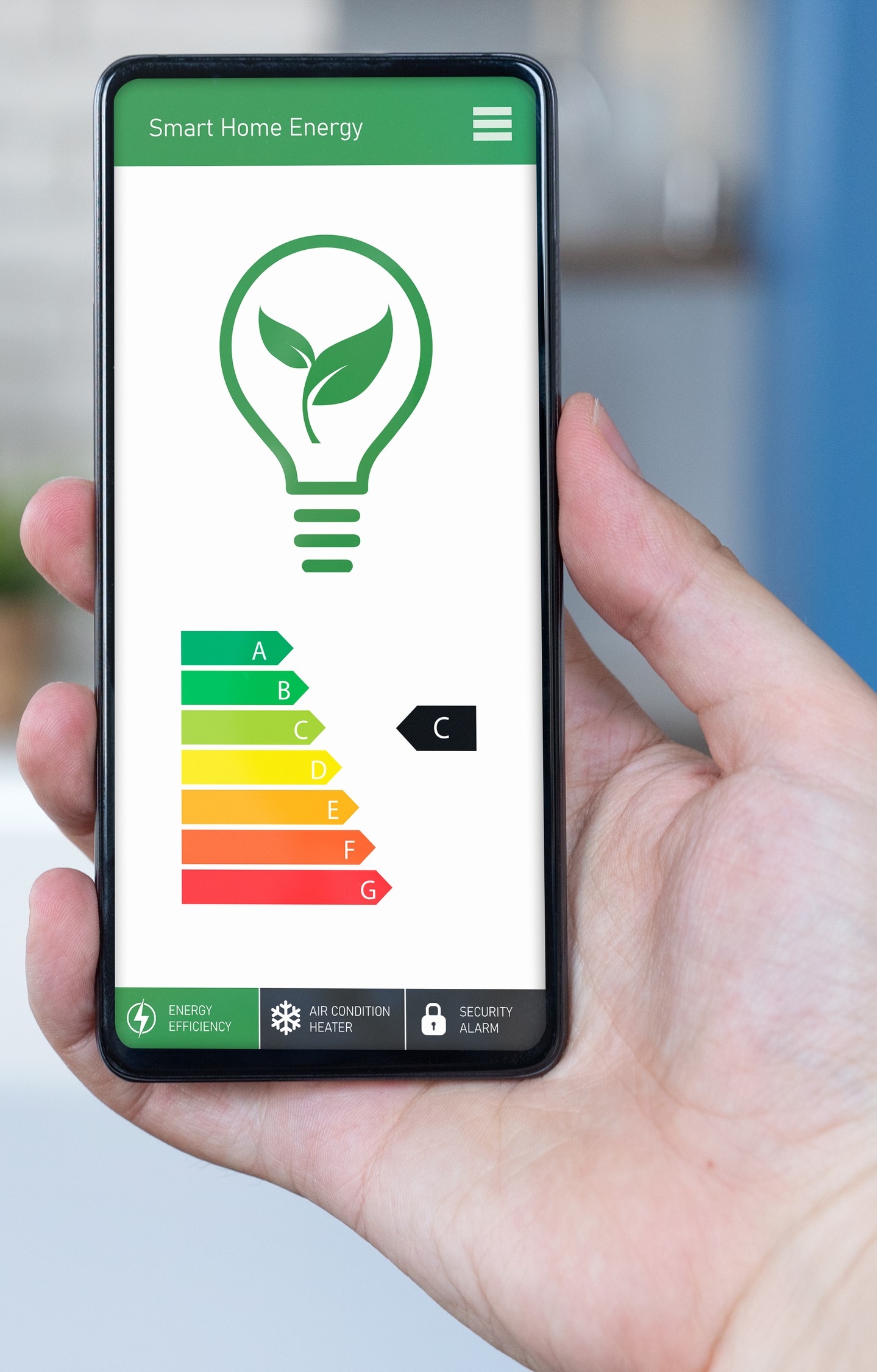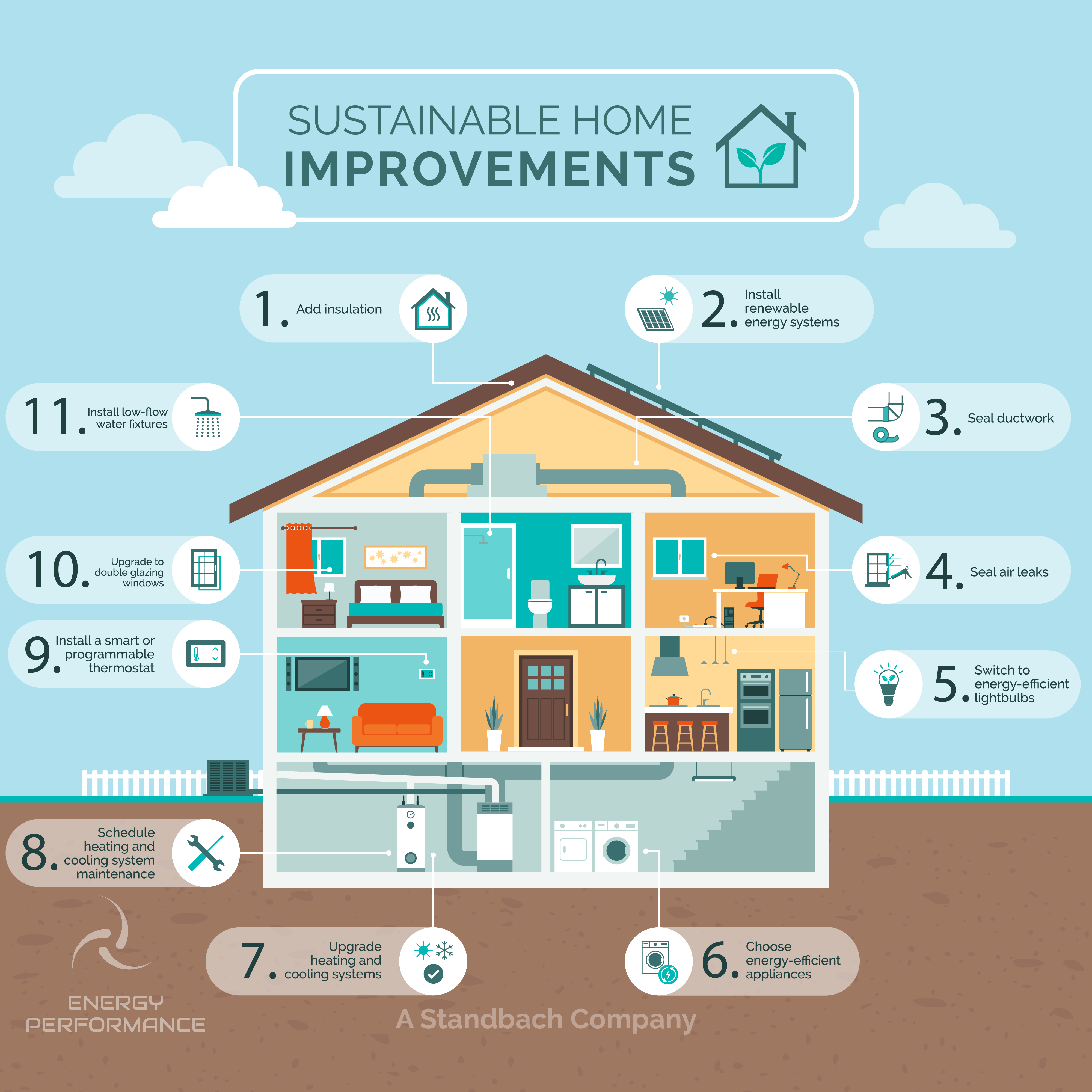WHAT IS AN ENERGY RATING SCALE
Efficiency ratings, from A (most efficient) to G (least efficient), serve as a straightforward grading system to gauge your home's energy efficiency. The grading criteria takes into account various factors, such as your home's insulation, heating and cooling systems, and other features that affect energy consumption
These ratings are crucial for several reasons. An efficient, A-rated home uses less energy, thus reducing the cost of your utility bills. Moreover, by using less energy, your household significantly decreases its environmental impact, contributing to global sustainability efforts.
On the other hand, a home with a poor efficiency rating (closer to G) can imply wasted energy and higher costs. This could be due to inadequate insulation, inefficient heating systems, or a variety of other factors that increase energy consumption. The consequent higher energy bills and greater environmental footprint are the practical implications of a lower rating.
By understanding these ratings, you'll have a clear roadmap to make improvements. Boosting your home's energy efficiency rating not only translates to cost savings but also to a more comfortable living environment and a reduced carbon footprint. It's a win for you, your wallet, and the world.
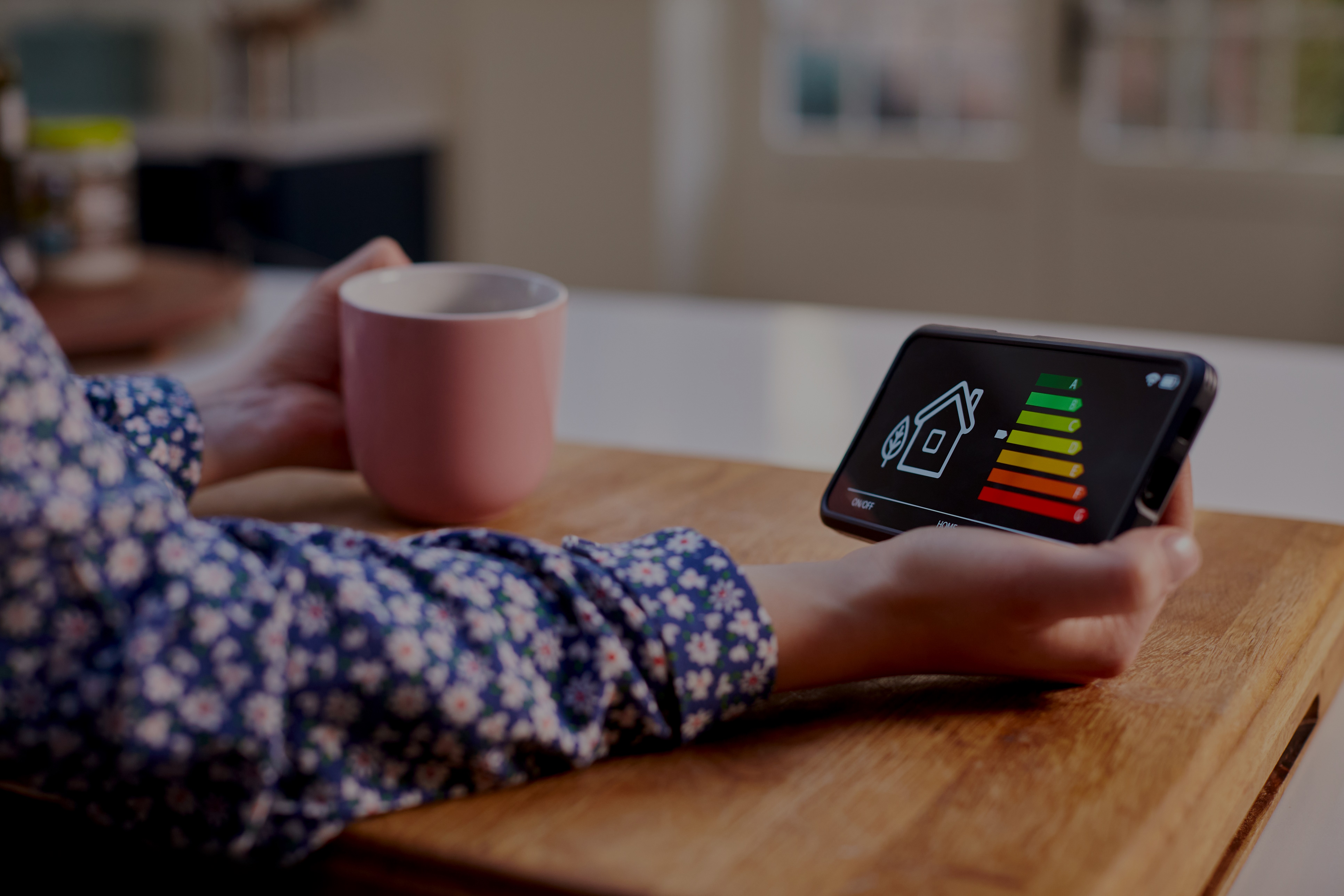 We Provide Home Efficiency AuditsStandbach Energy Performance is your trusted provider of Home Energy Audits in Jersey. Optimize your energy usage, achieve greater efficiency, and save money today!
We Provide Home Efficiency AuditsStandbach Energy Performance is your trusted provider of Home Energy Audits in Jersey. Optimize your energy usage, achieve greater efficiency, and save money today!